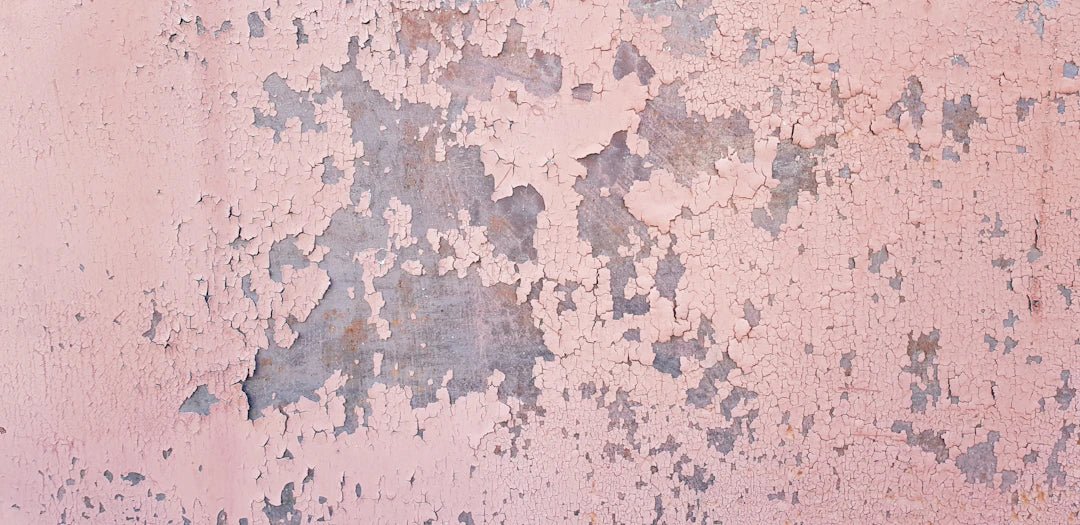Overview
Learn effective techniques for tackling stubborn stains, including understanding stain types (water-based and oil-based), quick action methods, homemade remedies like baking soda and vinegar, and when to seek professional help. Prevention tips and the importance of keeping a reliable cleaning gel handy are also discussed to help manage stains effectively.
Frequently Asked Questions
1. What are the two main types of stains?
2. How should I act when I notice a stain?
3. What homemade remedy can I use for stubborn stains?
4. What is the best way to rinse a water-based stain?
5. When should I consider professional cleaning methods?
Stubborn stains have a way of invading our lives, whether it’s that tomato sauce that splattered on your favorite shirt or the coffee ring left on your tablecloth. They seem impossible to remove, but don't despair! With the right techniques and tools, even the toughest stains can be conquered. In this blog post, we will explore effective methods, tips, and tricks to tackle stubborn stains once and for all, with a special spotlight on the use of versatile cleaning gels.
Understanding Stains: The Basics
To effectively remove stains, it’s essential to understand what causes them. Stains can be broadly categorized into two types: water-based and oil-based. Knowing the type of stain you’re dealing with will help determine the best cleaning approach.
Water-Based Stains
These stains come from substances that dissolve in water. Examples include soft drinks, juice, coffee, and dirty water. Generally, they are easier to remove than their oil-based counterparts. With prompt action and the right cleaning gel, water-based stains can often be lifted away with little fuss.
Oil-Based Stains
Oil-based stains, such as grease, makeup, and some food stains, can be more stubborn and may require specialized methods for removal. These stains are more resistant to plain water, requiring the right cleaning agents to break them down. A dedicated cleaning gel can be particularly effective here, as it can penetrate the stain and lift the oils away from the fabric or surface.
Effective Techniques for Stubborn Stains
Act Quickly
Time is of the essence when it comes to stain removal. The longer a stain sets, the harder it becomes to remove. As soon as you notice a stain, act quickly! Blot the area gently with a clean cloth to absorb as much of the stain as possible, being careful not to rub it further into the fabric. Following this initial step, the use of a suitable cleaning gel can facilitate the removal process.
Blotting and Scrubbing
After you’ve blotted the stain, appropriate scrubbing can be your next move. Use a soft-bristled brush or cloth to apply your cleaning gel gently. Be cautious while scrubbing; you don’t want to damage the material. This method works particularly well for carpet and upholstery stains. A gentle scrub can help the cleaning gel penetrate deeper into the fabric fibers, increasing its effectiveness.
Cold Water Rinse
For water-based stains, always rinse the stained area with cold water. This helps to flush out the stain particles. Hot water may set the stain, especially in the case of protein stains like blood or dairy. After rinsing, applying your cleaning gel and letting it sit for a few minutes before rinsing again can enhance its stain-fighting powers.
Homemade Remedies for Stubborn Stains
If you prefer natural cleaning methods, many ingredients found in your kitchen can work wonders on stubborn stains. Here are some excellent DIY stain-removal techniques:
Baking Soda Paste
Baking soda’s non-toxic properties make it a favorite household remedy. Mix baking soda and water to create a paste. Apply it directly to the stain, let it sit for about 30 minutes, and then rinse it off with cold water. The mild abrasive nature of baking soda also helps to lift the stain. For an extra punch in your stain-fighting arsenal, try adding a bit of the cleaning gel to the paste for enhanced effectiveness.
Vinegar Solution
White vinegar is another versatile cleaning agent. It can be mixed with water to create a stain-removal solution. Dampen a cloth with this solution and dab it onto the stain; let it sit for a few minutes before rinsing. The acidity of vinegar can break down stain particles effectively. Again, consider mixing this solution with your cleaning gel for better results.
Lemon Juice
Lemon juice is not just good for lemonade; it’s also excellent for stain removal! Its natural bleaching properties can help fade tough stains, especially on white fabrics. Apply freshly squeezed lemon juice directly to the stain, let it sit for a bit, and rinse with cold water. For an added boost, mix lemon juice with your cleaning gel before application.
Professional Techniques for Persistent Stains
Sometimes, stains just won’t budge. In these cases, it might be time to call in the professionals. Industrial cleaning products and techniques, often found in specialized cleaning gels, can effectively tackle stubborn stains that home remedies cannot. Here are some common professional methods:
Steam Cleaning
For upholstery and carpets, steam cleaning can be particularly effective. The high temperature helps break down stubborn stains while sanitizing at the same time. If you don’t have a steam cleaner, consider renting one or hiring a professional cleaning service to ensure the best results.
Dry Cleaning
Certain fabrics require dry cleaning, which uses solvents instead of water to remove stains. If you’re dealing with delicate materials, this might be your best bet. Always check garment labels and consult with dry cleaning professionals for the best approach.
How to Prevent Stains in the First Place
Prevention is always better than cure. Here are some tips on how to minimize the risk of stubborn stains:
- Use Covers: Consider using washable covers on furniture or protective coatings on surfaces to protect against spills.
- Be Mindful of Foods: Be cautious with high-pigment foods and beverages, especially when eating near fabrics that can stain easily.
- Regular Maintenance: Regular cleaning routines can help prevent dirt and grime buildup, which makes stains easier to manage.
- Keep Cleaning Gel Handy: Having a reliable cleaning gel readily available can make a world of difference when a potential stain occurs.
Final Thoughts: Own the Stain Battle
Stains may be a part of life, but they don’t have to be a source of frustration. By understanding the type of stain, acting quickly, and utilizing effective methods—whether DIY techniques or professional help—you can manage even the toughest stains. Remember to keep a reliable cleaning gel as part of your stain-fighting arsenal, and you’ll be ready to tackle any mess that life throws your way. So the next time you encounter a pesky stain, go ahead and tackle it head-on with confidence!
Linked Product

Gunk Getter Cleaning Gel - 12 Pack
The Gunk Getter Cleaning Gel is designed to effectively remove dirt and debris from hard-to-reach areas, making it ideal for cleaning keyboards, cars, and other small spaces. Its easy-to-use formula requires no rinsing and features a pleasant blueberry scent, providing a safer alternative to harsh chemical cleaners. With a versatile application for various surfaces, this cleaning gel meets the needs of both home and office environments.
View Product

Share:
Deep Cleaning vs. Routine Cleaning: Key Differences Explained
Keep Your Home Dust-Free with These Simple Tips